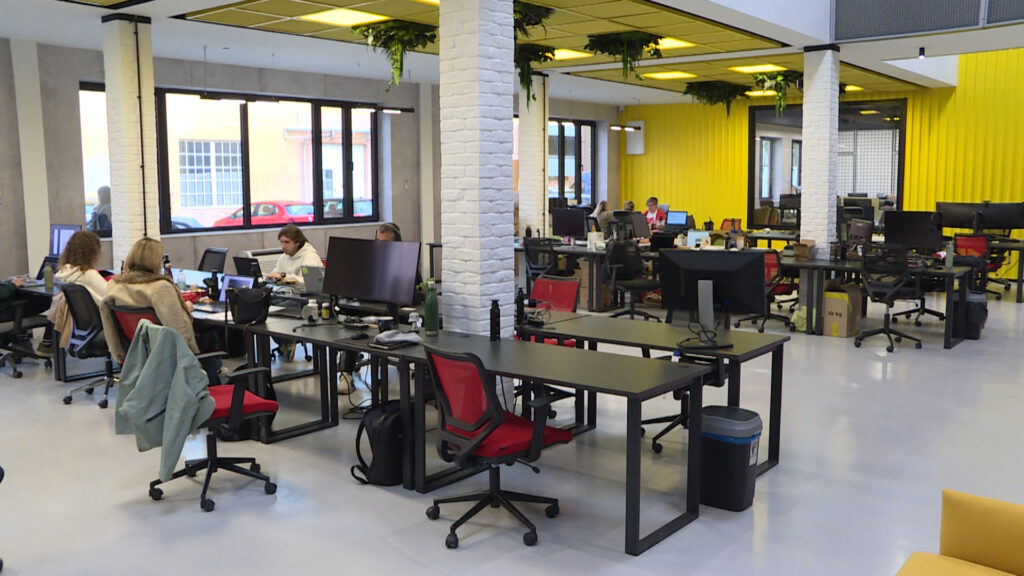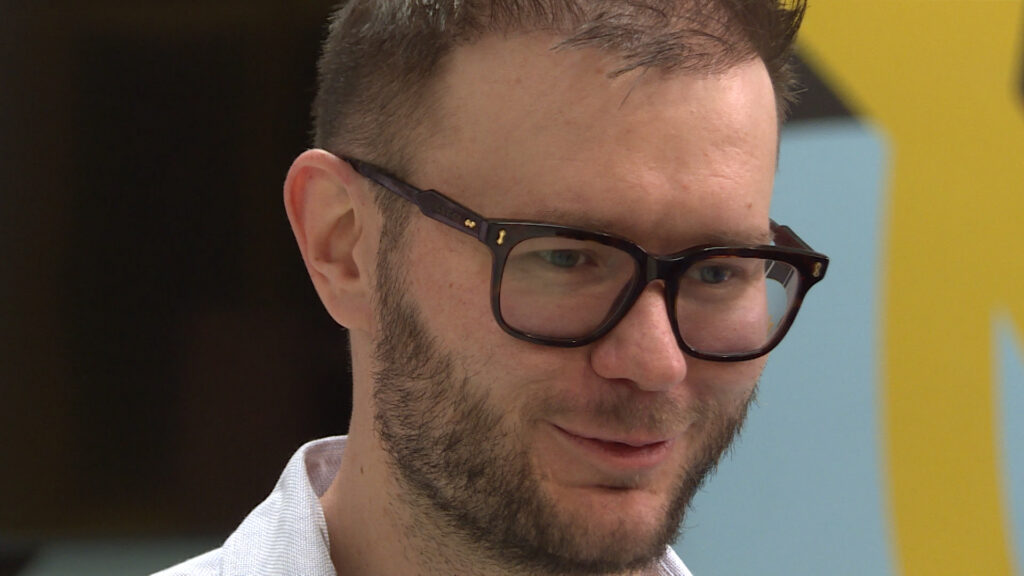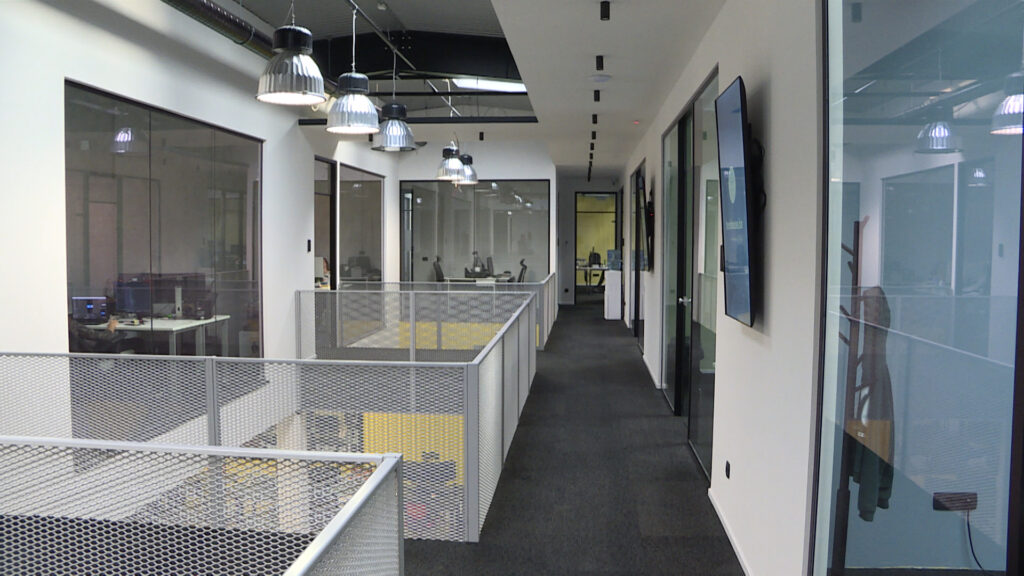The concept of coworking spaces in Bosnia and Herzegovina is becoming increasingly popular. “Sarajevo probably has the largest such space in the region,” says Tershous founder Nermin Šehić for Forbes Bosnia and Herzegovina. Bussines was launched in 2019 after learning about the concept of working in such spaces throughout Europe, especially in Berlin. The idea and experience he gained while working as a freelancer for a Berlin company helped him turn his idea into a personal business and open Tershouse in Sarajevo.
“Tershouse is essentially a coworking space. It is a new concept of organizing a workspace for freelancers, in our case craftsmen and small companies, which mainly deal with some digital services. It functions on the principle of one invoice through which you receive a package of services that you may need for your business. From space, networking, internet maintenance and all other things that a small company in its foundations and beginnings would be a burden to deal with, but in this variant you get it from day one.”

He saw this concept in Berlin due to his business connections. Berlin, Amsterdam and London are the three largest cities in Europe in terms of concentration of startups. They are the epicenters of events and it is natural that they are the leaders of the coworking scene.
“I think the first coworking space just opened in Berlin. As a freelancer, I worked for a Berlin company a few years ago that developed software for coworking spaces, and through the nature of that work I visited 30 coworking spaces throughout Europe, as well as startups and corporate spaces. Barclays has its coworking spaces all over Europe and I saw some interesting things that I thought could be successful here in Sarajevo, that is something that we were missing. I was personally a user of a coworking space at that moment in Sarajevo, and that’s how the business idea started,” says Šehić.
“You’re missing one paper”
“From my perspective,” says Šehić, “it was quite complicated,” referring to the company’s registration in 2019 in Sarajevo.
“Given that I had no contact with such business in Bosnia and Herzegovina, because before that I worked for a local IT company, so I was engaged in freelancing, I did not come into contact with a more complex administration. Honestly, we tried it on our own and at one point we got tangled up in paperwork and that “you’re missing paper” circle and solved it by hiring a law firm that did it for us. That whole process lasted about a month and was honestly not easy, and based on the experiences of some companies that register in BiH today, that process remained the same. There is very little digital, paper is still carried. You take the paperwork, then it’s verified, then you wait for it, then you physically pick up those papers…”

I chose the worst timing to start a business
He often jokes about the corona that he should have published the book “The worst timing when starting a company”. Indeed, in their case it was so.
“We were particularly affected, because the whole concept of the business model was established to bring people into the space. To give a reason why someone would choose us, and not some space in Unitica or some classic office building. The way we survived those seven or eight months of corona and after the government’s order not to stay in closed spaces, we tried to include as many digital things as possible and diversify our business, so that as part of our service portfolio we also offered podcast recording. help with organizing the recording of Zoom conferences to cover our costs to some extent. It has now grown into a whole team that deals only with that part of the coworking space. When we got back to normal, that remained an additional source of finance.”

Additional 1,500 square meters of space in preparation
The space they opened two months ago is basically still being fixed up. The capacity of the current space is 1,800 square meters, where they have offices for teams and a large open space for freelancers, craftsmen and small companies.
“We also have an additional space of 1,500 square meters that is being renovated and we will adapt it for our needs. We have a long-term expansion plan, given the need and interest of people. We have a plan to create a recording studio, a hardware lab, so that people have an added value besides the workspace, that they can experiment. Also, a space for events and conferences, a space for resting, a gym and what Google has in its offices are also planned. We want to provide it to the client because he basically needs a lot of money to have it himself, and here he has everything in one representative space that he can show the client. It is a space where he spends practically half of his working day”, says Nermin Šehić.
Source: forbes.n1info.ba





